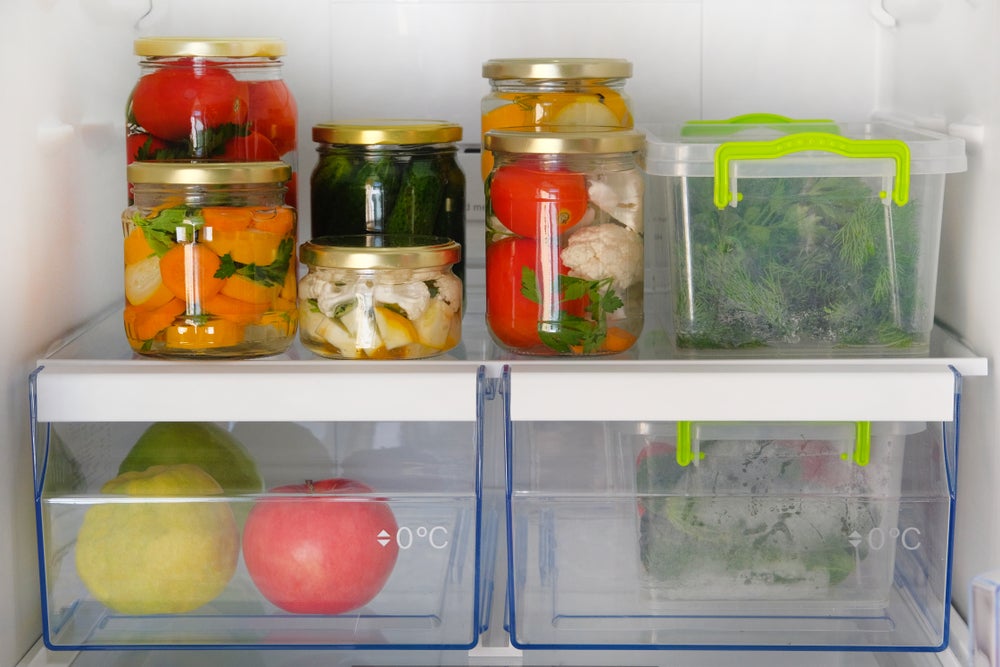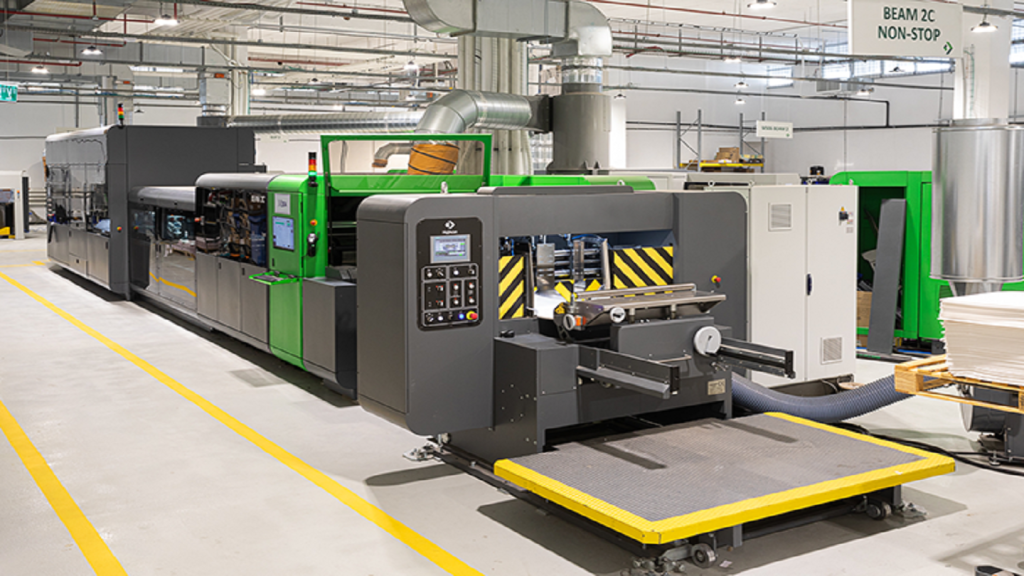For Recycle Week 2023, representative body for the UK glass industry British Glass is calling for Brits to check old jars to see if they can be repurposed or recycled.
According to British Glass’s research, over a third of Brits (37%) are not regularly clearing out the back of the fridge, with items sometimes dwelling for over a year.
Scotland came out as the number one hotspot for fridge dwellers, with almost one in ten (9%) saying they check old jars in the fridge to see what’s useable less than once a year.
Northern Ireland lead the way for regular fridge clear outs, with 44% checking old jars once a week. Londoners came a close second for weekly checks at 42%.
Millennials (aged 25-34) are the most likely age group to clear the fridge shelves with 44% checking weekly for what they can still use or repurpose.
Missed chances for recycling
The research was conducted in line with Recycle Week 2023, with this year’s theme being ‘missed capture’ – highlighting common household items that can be recycled but that are often missed.
Old pickle, jams or chutney jars and sauce bottles no longer in use can often sit in the fridge for long periods, but all of these can be 100% recycled once finished with and repurposed to make new glass materials.
The UK glass sector has a reported recycling record of 74.2%, one of the highest rates of any packaging material. British Glass has ambition to achieve a 90% collection rate by 2030.
British Glass CEO Dave Dalton commented: “As recycling rates continue to increase across the UK, it will become more important for people to regularly identify what items they have around the house that can be recycled and repurposed.
“It’s fantastic that recycle rates are high in the UK, but we can’t sit back and rest on our laurels. The more we can recycle, the more emissions savings we can make in production and the less raw materials we will need to use.”
Glass is 100% recyclable compared with many alternative packaging materials where the food contact surface is plastic. Housing products in glass can also be seen as a health benefit, as there’s no risk of harmful chemicals or toxins crossing over into food.













